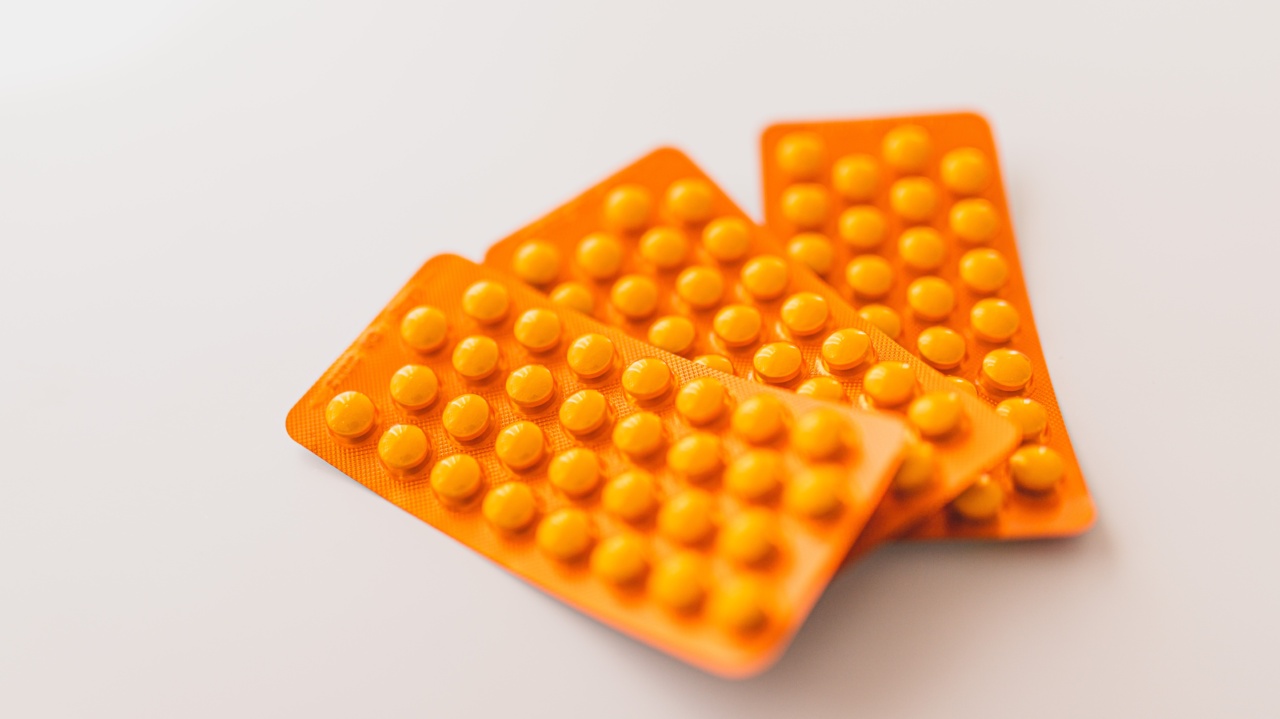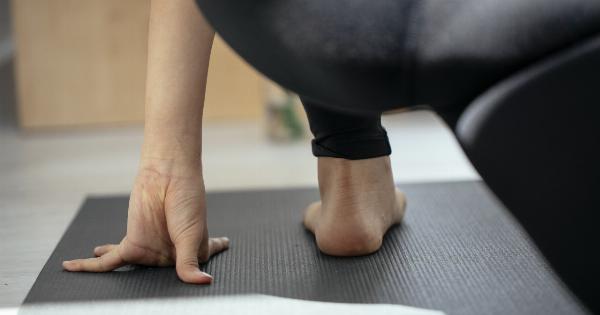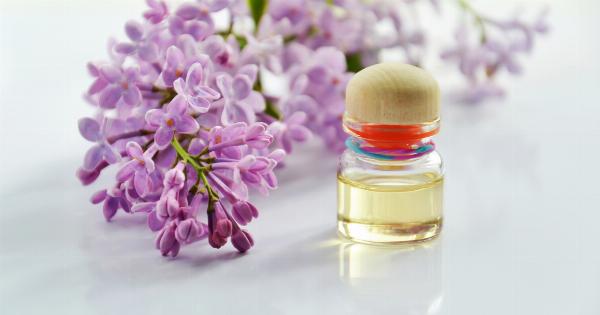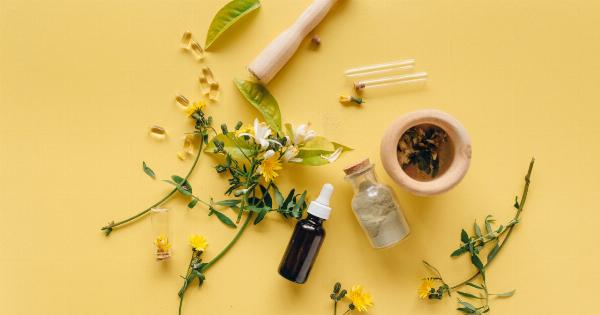Headaches are a common affliction that can range from mild discomfort to debilitating pain. While medication is often used to provide relief, it is not the only solution.
In fact, there are several effective strategies for treating headaches without relying on medication. This ultimate guide will provide you with a variety of natural remedies and lifestyle changes that can help alleviate headaches and improve your overall well-being.
Understanding Headaches
Before we dive into the different ways to treat headaches without medication, it’s essential to understand the different types of headaches and their causes.
Headaches can be classified into primary headaches, which are not associated with an underlying medical condition, and secondary headaches, which are caused by an underlying condition or injury.
Common Types of Primary Headaches
1. Tension Headaches:.
Tension headaches are the most common type of primary headache, commonly characterized by a dull, aching pain that tends to wrap around your head like a band. Stress, poor posture, and muscle tension are common triggers for tension headaches.
2. Migraine Headaches:.
Migraines are intense headaches often accompanied by other symptoms like nausea, sensitivity to light and sound, and visual disturbances.
Migraines can be triggered by various factors such as hormonal changes, certain foods, stress, and environmental factors.
3. Cluster Headaches:.
Cluster headaches are excruciatingly painful headaches that occur in clusters or groups. They usually affect one side of the head and are more common in men.
Cluster headaches may be triggered by alcohol consumption, smoking, and changes in sleep patterns.
Natural Remedies for Headaches
1. Apply a Cold or Warm Compress:.
Placing a cold or warm compress on your forehead or the back of your neck can help relieve headache pain. Cold compresses work by numbing the area and reducing inflammation, while warm compresses help relax muscles and improve blood circulation.
2. Practice Relaxation Techniques:.
Stress is a common trigger for headaches, so learning and practicing relaxation techniques can be beneficial.
Deep breathing exercises, meditation, yoga, and progressive muscle relaxation are some effective techniques that can help reduce stress and relieve headaches.
3. Stay Hydrated:.
Dehydration can lead to headaches, so ensure you drink enough water throughout the day. Carry a water bottle with you and set reminders to drink water regularly. You can also consume hydrating foods like cucumbers, watermelon, and lettuce.
4. Get Adequate Sleep:.
Lack of sleep or poor sleep quality can trigger headaches. Aim for a consistent sleep schedule and create a relaxing bedtime routine. Ensure your sleeping environment is comfortable and free from distractions.
Avoid caffeine and electronics before bed, as they can interfere with your sleep.
5. Manage Stress Levels:.
Stress is a common trigger for headaches, so finding healthy ways to manage stress is essential. Engage in activities that help you relax, such as reading, listening to music, taking walks in nature, or practicing hobbies.
Consider integrating stress management techniques like mindfulness and acupuncture into your routine.
Lifestyle Changes to Prevent Headaches
1. Maintain a Regular Meal Schedule:.
Skipping meals or having irregular eating patterns can contribute to headaches. Maintain a consistent meal schedule and ensure you are consuming nutritious foods.
Include foods rich in magnesium, such as spinach, almonds, and avocado, as magnesium deficiency has been linked to headaches.
2. Limit Caffeine and Alcohol:.
Both caffeine and alcohol can trigger headaches in certain individuals. Limit your intake of caffeine and alcohol, and pay attention to how your body responds to these substances. Consider switching to decaffeinated beverages or herbal tea alternatives.
3. Practice Good Posture:.
Poor posture, especially while sitting for extended periods, can strain your neck and shoulder muscles, leading to tension headaches.
Practice good posture by sitting up straight, keeping your shoulders relaxed, and using an ergonomic chair and workstation if required.
4. Exercise Regularly:.
Regular physical activity can help reduce the frequency and intensity of headaches. Engage in activities like walking, jogging, swimming, or cycling for at least 30 minutes a day.
Exercise promotes circulation, releases endorphins, and reduces stress, all of which can contribute to headache prevention.
5. Identify and Avoid Triggers:.
Keeping a headache journal can help identify triggers specific to your situation. Common triggers include certain foods like chocolate, cheese, and processed meats, strong smells, bright lights, and loud noises.
Once you identify your triggers, take steps to avoid or minimize exposure to them.
When to Seek Medical Attention
While most headaches can be effectively managed without medication, certain situations may warrant medical attention. Seek immediate medical help if you experience:.
– Sudden and severe headache accompanied by a stiff neck, fever, or confusion.
– Headache following a head injury or trauma.
– Headache associated with speech difficulties, weakness, or numbness on one side of the body.
– Headache that worsens with physical exertion or coughing.
– Headaches that disrupt your daily life and don’t respond to home remedies.
Conclusion
Headaches can be a challenging condition to deal with, but they don’t always require medication for relief. By incorporating natural remedies and making certain lifestyle changes, you can effectively manage and reduce the occurrence of headaches.
Remember to listen to your body, identify triggers, and seek medical attention if your headaches persist or become severe. With the help of this ultimate guide, you can take control of your headaches and improve your overall well-being.

























